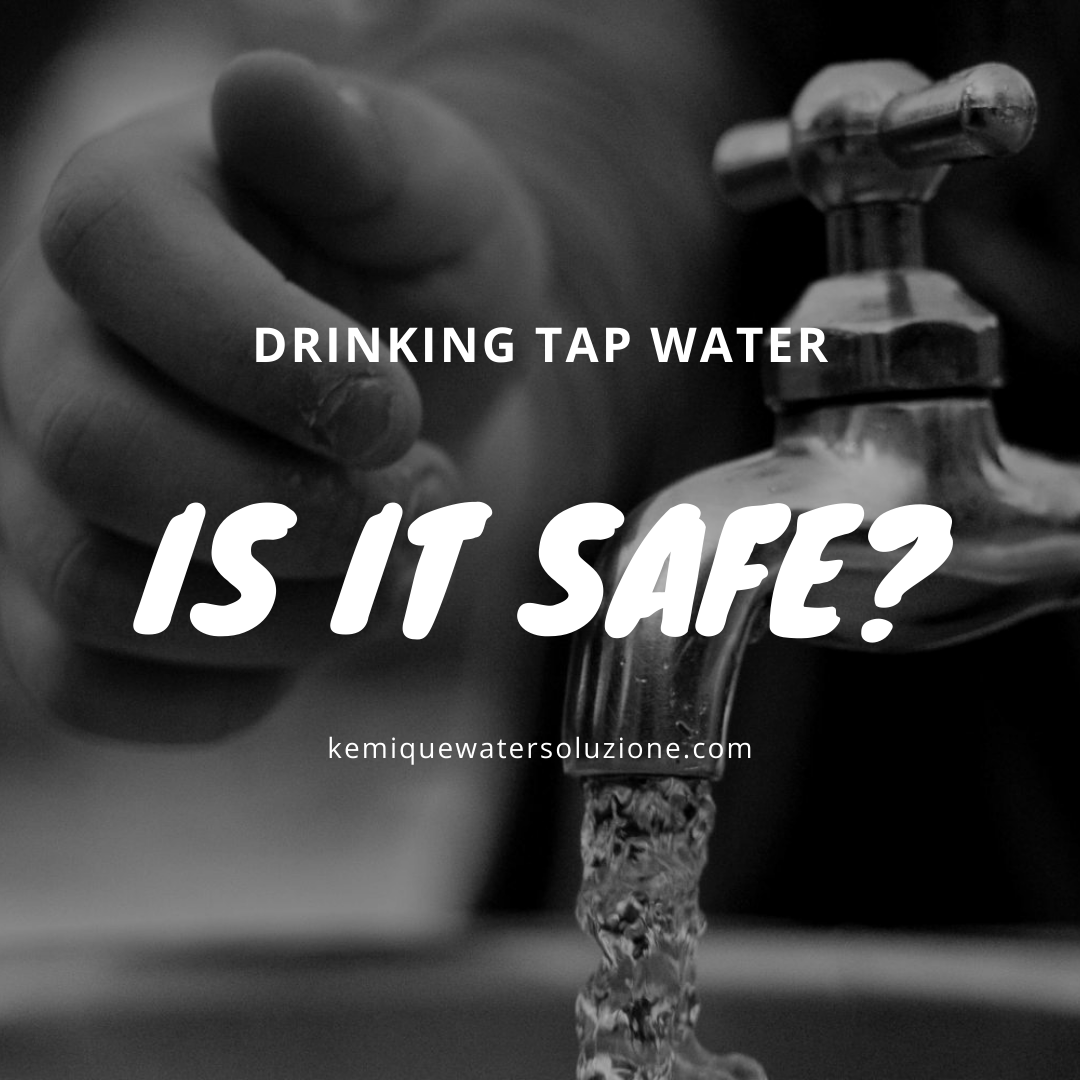The Philippines receives an abundance of rain during the rainy season ensuring good access to fresh water sources including surface water (rivers, lakes and reservoirs) as well as ground water. This is essential for the country’s economic development and in meeting its Sustainable Development Goals (SDGs). Overall, there is sufficient water but not enough in highly populated areas, especially during dry season.
91% of the country’s estimated 100.7 million population have access to at least basic water services; but access is highly inequitable across the country, with regional basic water services access ranging from 62% to 100%. Around 99% of the one-fifth wealthiest households are more likely to have access to basic water services; while only 80% of the poorest quintile do.
Around 6 million Filipinos also still practice open defecation, and some 20 million lack access to basic sanitation facilities. While over 75 million Filipinos have basic sanitation service at the national level, there are significant inequalities, particularly with regional coverage ranging only from 22% to 86%.
Is the tap water in the Philippines safe to drink?
No, it is NOT advised to drink tap water in the Philippines. Simply this is due to their lack of infrastructure, in particular of not been able to properly clean and disinfect the water to a safe drinking standard. The water comes from wells and rivers around the Philippines but could have been polluted with domestic sewage and agricultural waste.
This means that there are bacteria, viruses, and pathogens in the water. You may think it is safe to drink from the tap cause you might see the locals drinking from the tap but they have built up a tolerance to the water. But generally, locals don’t drink from the tap.
Water quality in the Philippines usually does not meet the standards set by the national government, especially in urban areas. The only areas of the Philippines confirmed to provide safe drinking water is the metropolitan area of Manila. See more below about bottled water in the Philippines.
Households that can afford therefore often depend on vended / bottled water which is not necessarily safe to drink either. Furthermore bottled water drinking households pay much higher water prices due to lack of access to safe drinking water.
As a result, waterborne diseases remain a severe public health concern in the country. About 4,200 people die each year due to contaminated drinking water.
Home Water Filtration
The consequences of having unsafe drinking water can be dire. Pollutants like heavy metals can have profound health consequences at worst, or at best make your water unpalatable. While the vast majority of municipal water systems in the Philippines do an excellent job of treating our water and ensuring water quality, there is always the danger of system failures, so it’s best to be safe. If you filter your water with an effective home water filtration system you’re making a smart investment in the health of your family.
With a whole house water filter in your home, you’ll enjoy the clean, crisp taste of pure water, every time you open your tap.
Our experts at Kemique Water Soluzione have the training, expertise, and experience to work with you to evaluate your situation and recommend a water filtration system that meets your needs and matches your water supply. Our expertise with purification system installations means we have the experience and knowledge to offer you a variety of options from highly-rated manufacturers.
If you’re considering a water purification system, don’t delay, get in touch with us today. Quotes are free, and we’ll help you find the system for your home.


0 Comments